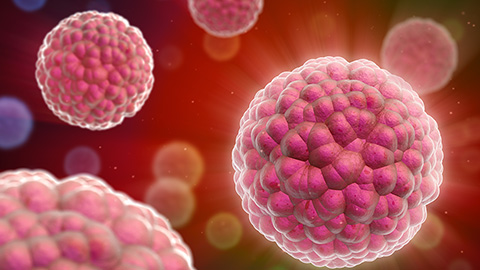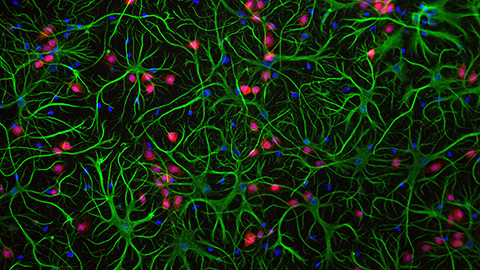Journal of Lipid Research launches junior associate editors program
This year, the Journal of Lipid Research welcomes its first cohort of junior associate editors.
 Raymond Blind
Raymond Blind
Vanderbilt University
School of Medicine
Research area: Nuclear lipid signaling and structure
Mentor: George Carman
 Gissette Reyes−Soffer
Gissette Reyes−Soffer
Columbia University
Irving Medical Center
Research area: Regulation and metabolism of Lipoprotein(a)
Mentor: Henry Ginsberg
 Brandon Davies
Brandon Davies
University of Iowa
Carver College of Medicine
Research area: Lipid metabolism in endothelial cells
Mentor: Stephen Young
 Rotonya Carr
Rotonya Carr
University of Pennsylvania Perelman School of Medicine
Research area: Metabolism and lipid droplets in liver disease
Mentor: Nick Davidson
The four assistant professors, chosen from nominations made by the journal’s associate editors, are partnering with senior editors to learn how to manage the peer-review process.
“Engagement with the best and brightest young investigators in the lipid field is an investment in the future of JLR,” Co-Editor-in-Chief Kerry−Anne Rye said.
The new editors — two Ph.D.s and two M.D.s — already have accrued accolades and earned the community’s trust. Two are recipients of the JLR Junior Investigator Award. One won the Journal of Biological Chemistry/Herb Tabor Young Investigator Award. Another is on the Deuel Conference board.
Co-Editor-in-Chief Nicholas Davidson said the program’s mission is two-fold: “It’s demystifying the peer-review process and also teaching what we hope are going to be the next generation of full associate editors.”
The new editors are serving a two-year term from March 1, 2019, to Feb. 28, 2021.
They also will contribute a new type of article to the journal — commentaries on exciting lipid research published elsewhere.
Enjoy reading ASBMB Today?
Become a member to receive the print edition four times a year and the digital edition monthly.
Learn moreGet the latest from ASBMB Today
Enter your email address, and we’ll send you a weekly email with recent articles, interviews and more.
Latest in Science
Science highlights or most popular articles

The data that did not fit
Brent Stockwell’s perseverance and work on the small molecule erastin led to the identification of ferroptosis, a regulated form of cell death with implications for cancer, neurodegeneration and infection.

Building a career in nutrition across continents
Driven by past women in science, Kazi Sarjana Safain left Bangladesh and pursued a scientific career in the U.S.

Avoiding common figure errors in manuscript submissions
The three figure issues most often flagged during JBC’s data integrity review are background signal errors, image reuse and undeclared splicing errors. Learn how to avoid these and prevent mistakes that could impede publication.

Ragweed compound thwarts aggressive bladder and breast cancers
Scientists from the University of Michigan reveal the mechanism of action of ambrosin, a compound from ragweed, selectively attacks advanced bladder and breast cancer cells in cell-based models, highlighting its potential to treat advanced tumors.

Lipid-lowering therapies could help treat IBD
Genetic evidence shows that drugs that reduce cholesterol or triglyceride levels can either raise or lower inflammatory bowel disease risk by altering gut microbes and immune signaling.

Key regulator of cholesterol protects against Alzheimer’s disease
A new study identifies oxysterol-binding protein-related protein 6 as a central controller of brain cholesterol balance, with protective effects against Alzheimer’s-related neurodegeneration.
